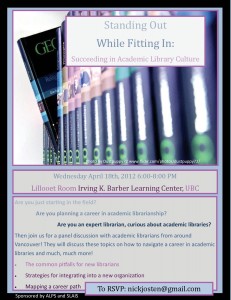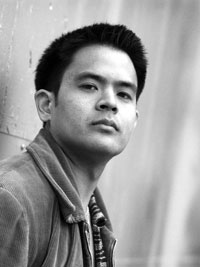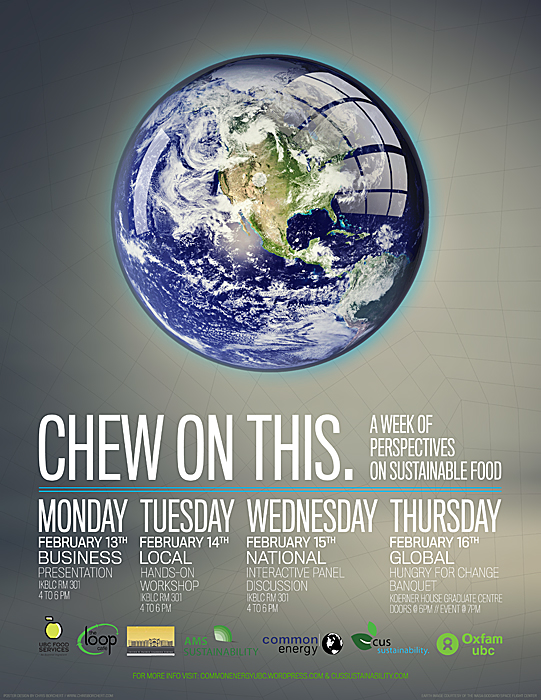 February 20, 2012 – April 30, 2012
February 20, 2012 – April 30, 2012
RETELL
Focusing on the history of the Tōhoku region, this part of the exhibition includes Edo and Meiji-period works from the library’s Japanese Maps of the Tokugawa Era collection. The exhibition will highlight disaster prints such as those depicting catfish and dragons, common in Edo-period illustrated accounts of earthquakes and tsunamis. Historical maps of the areas affected by the 2011 disasters will also be displayed.
Location: Rare Books and Special Collections, Lower Level, Irving K. Barber Learning Centre (click for map & hours)
RETHINK
Here the exhibition looks at the issue of nuclear energy and the debate that has taken place in Japan on this issue. As well, the exhibition highlights social media as a form of alternative media and information sharing in the wake of the disasters. Included in this part of the exhibition:
Nuclear imagery courtesy of Professor John O’Brian
Atomic bomb exposed tile donated to UBC by the Hiroshima University
Photos of anti-nuclear protests in Tokyo, contributed by UBC Alum Maho Harada
Japan Quake Map courtesy of Paul Nicholls
Twitter feeds contributed by UBC Alum Kozue Matsumoto
Facebook archives submitted by UBC Alum Brad Morrison
Animated video “nuclear poo”
Location: Irving K. Barber Learning Centre Foyer (click for map & hours)
RECOVER
The final part of the exhibit uses the Asian Library collection as well as community contributions to recount Japan’s capacity to recover from adversity. The March 2011 earthquake and tsunami are examined, as well as past natural disasters that have struck the country. The exhibit features:
Ishinomaki handwritten newspaper reproductions (created in the days after the tsunami struck the Ishinomaki region)
– digital files courtesy of the Japan Newspaper Museum
Images of the Tsunami-affected region of Ogatsu, by UBC Alum Maho Harada
Images and blog entries related to volunteer relief efforts originating in Canada courtesy Manabu Ogawa
Postcards depicting the 1926 Tokyo earthquake courtesy Professor John O’Brian
Red Cross letter of recognition courtesy of the UBC Japan Association
Location: Asian Library (click for map & hours)
Return to main page.




